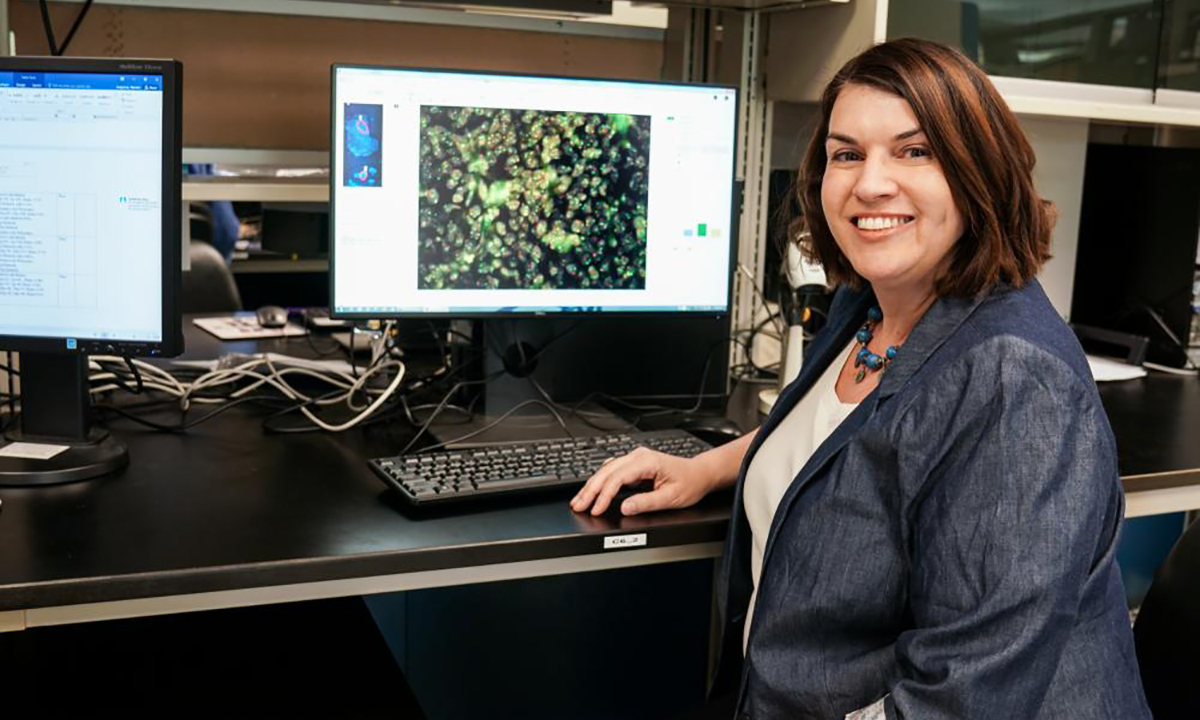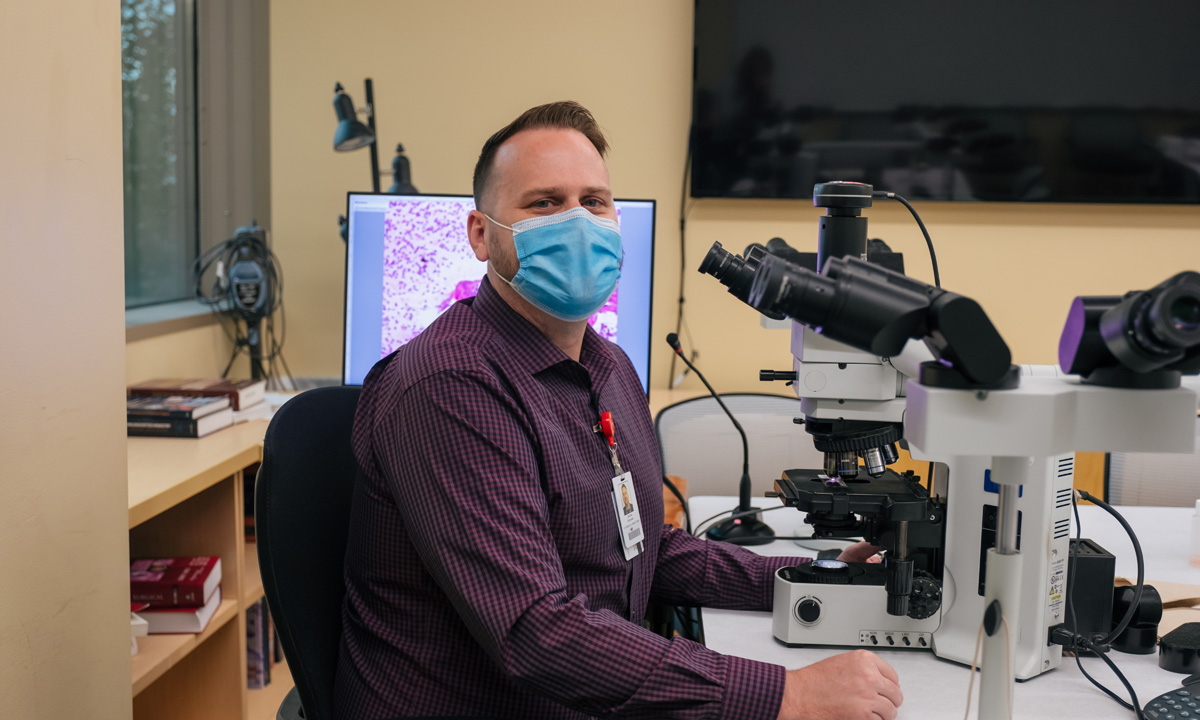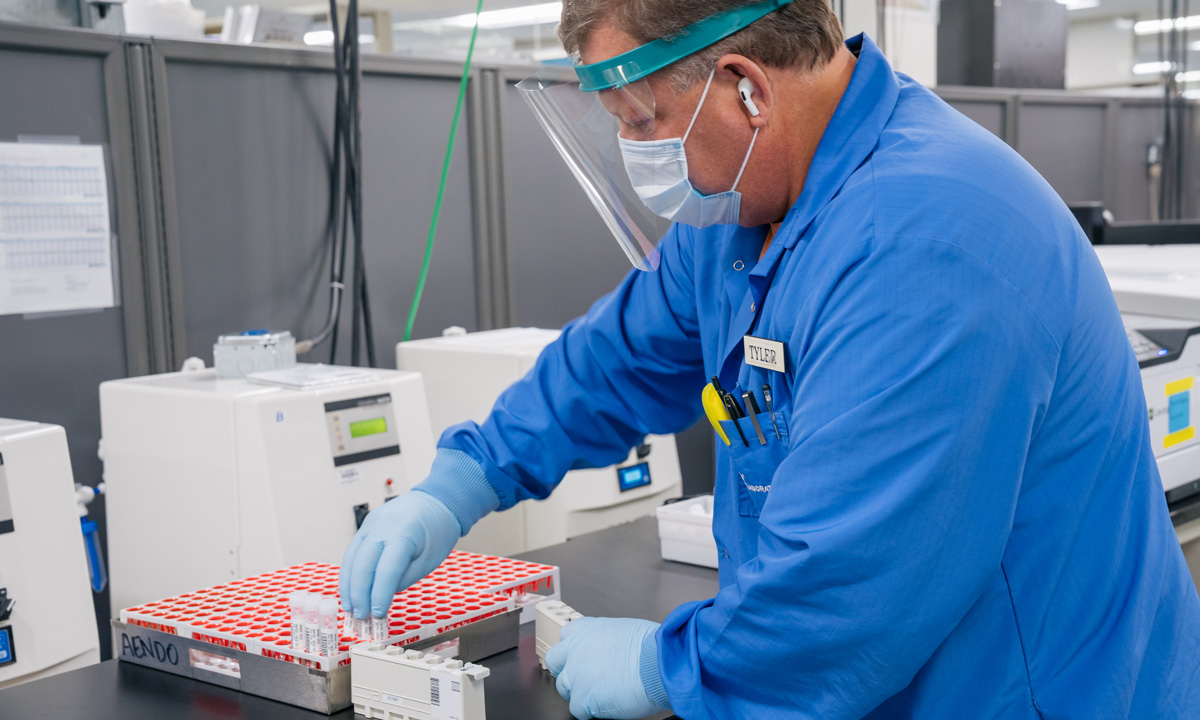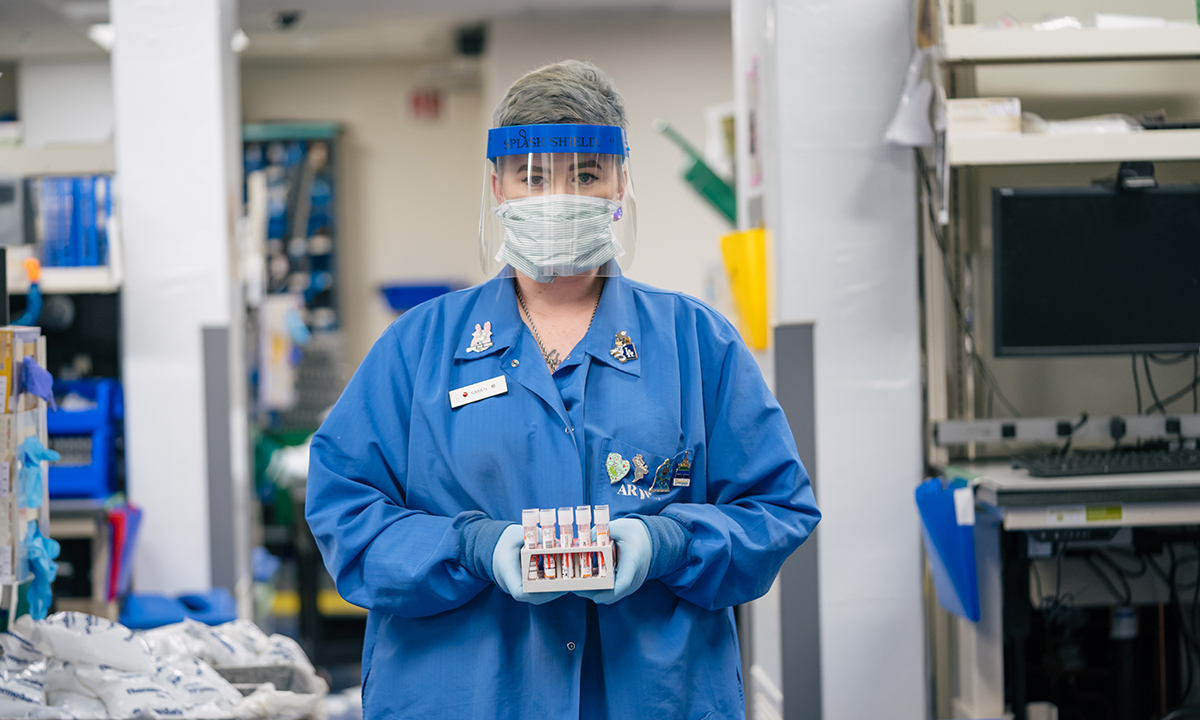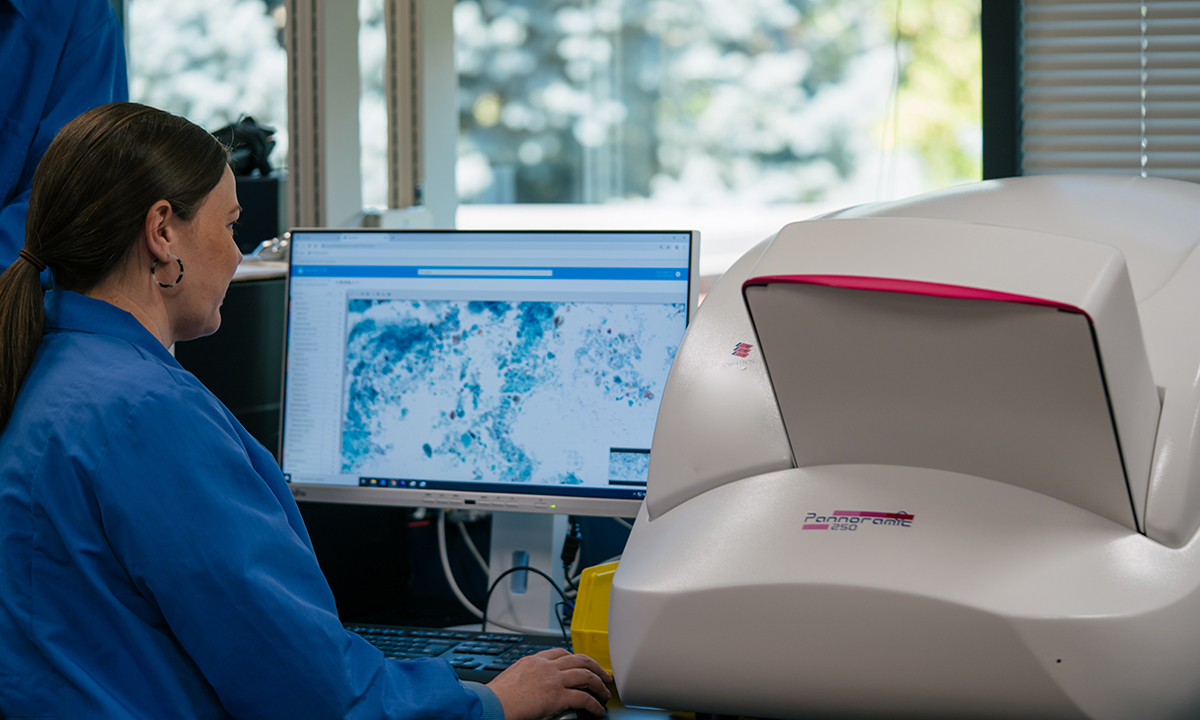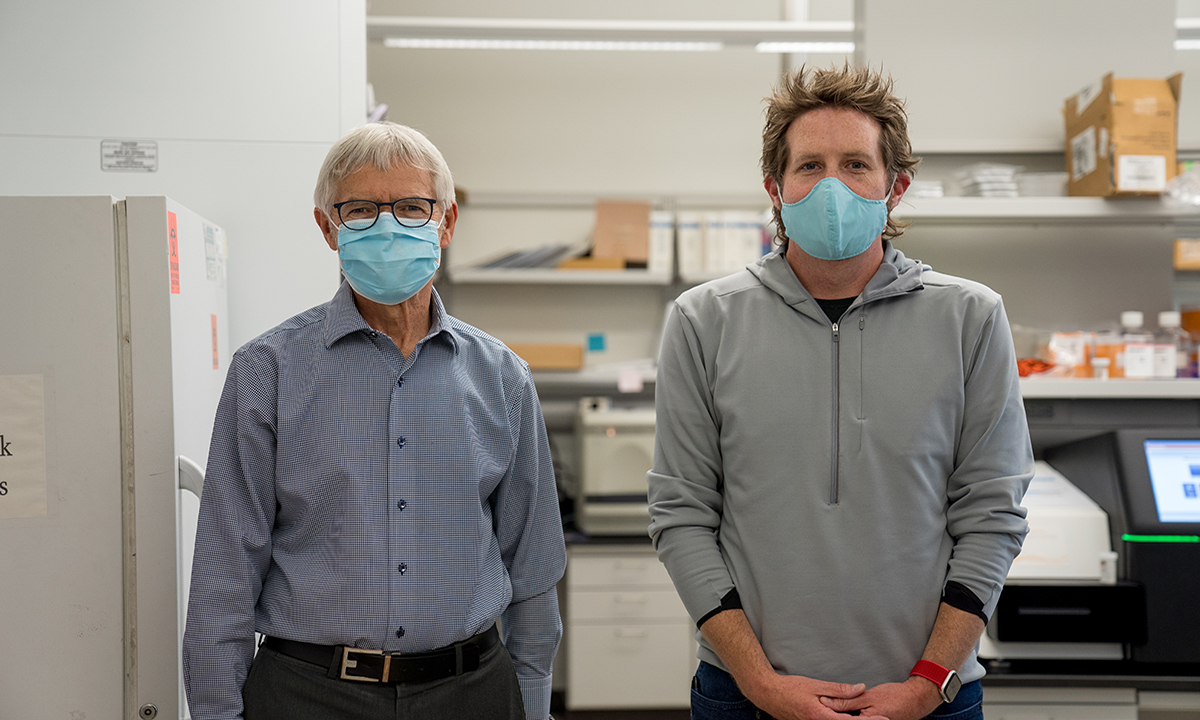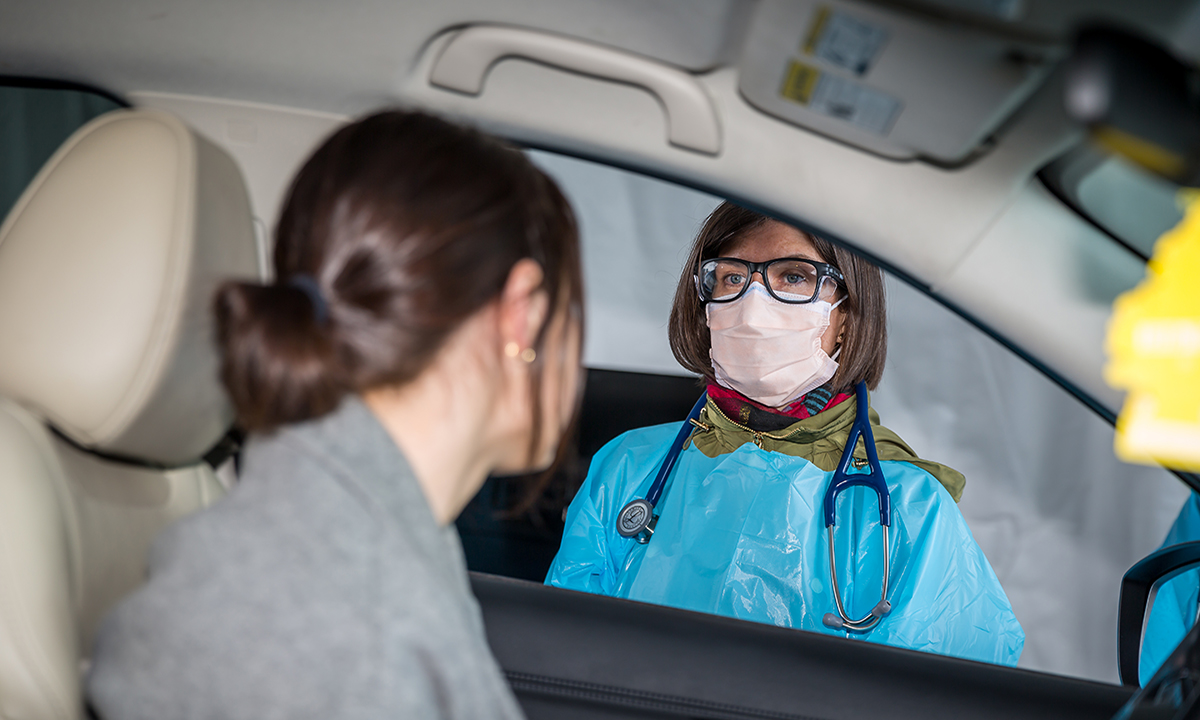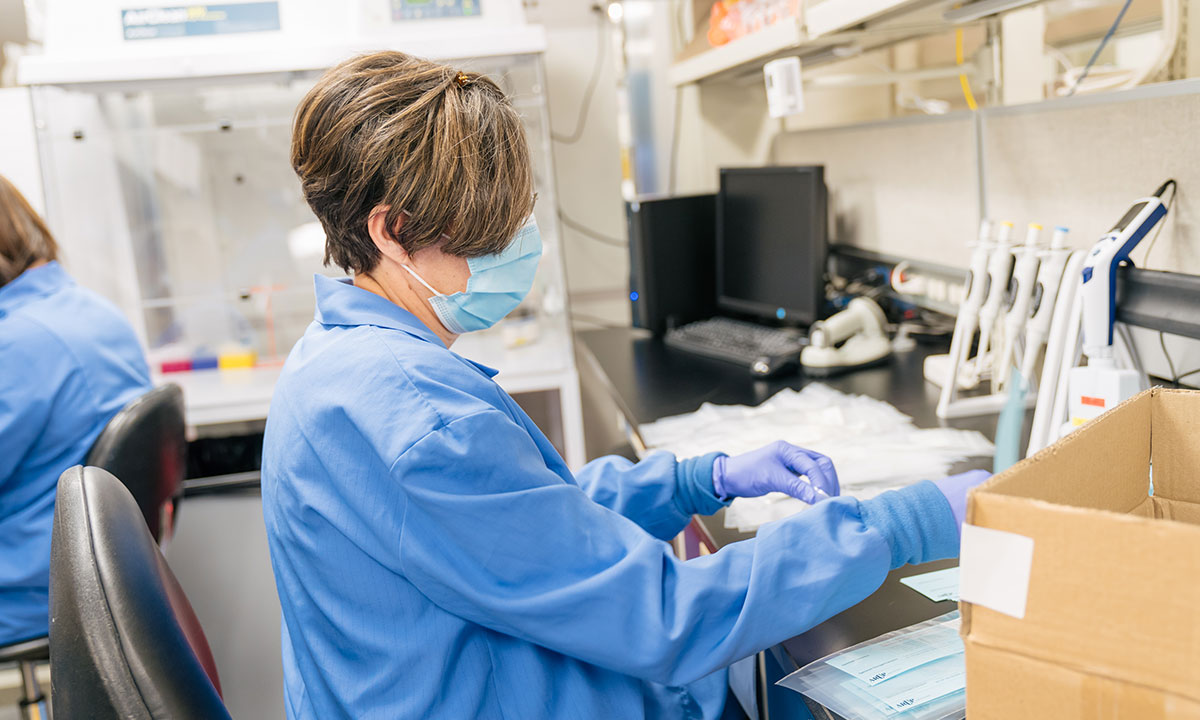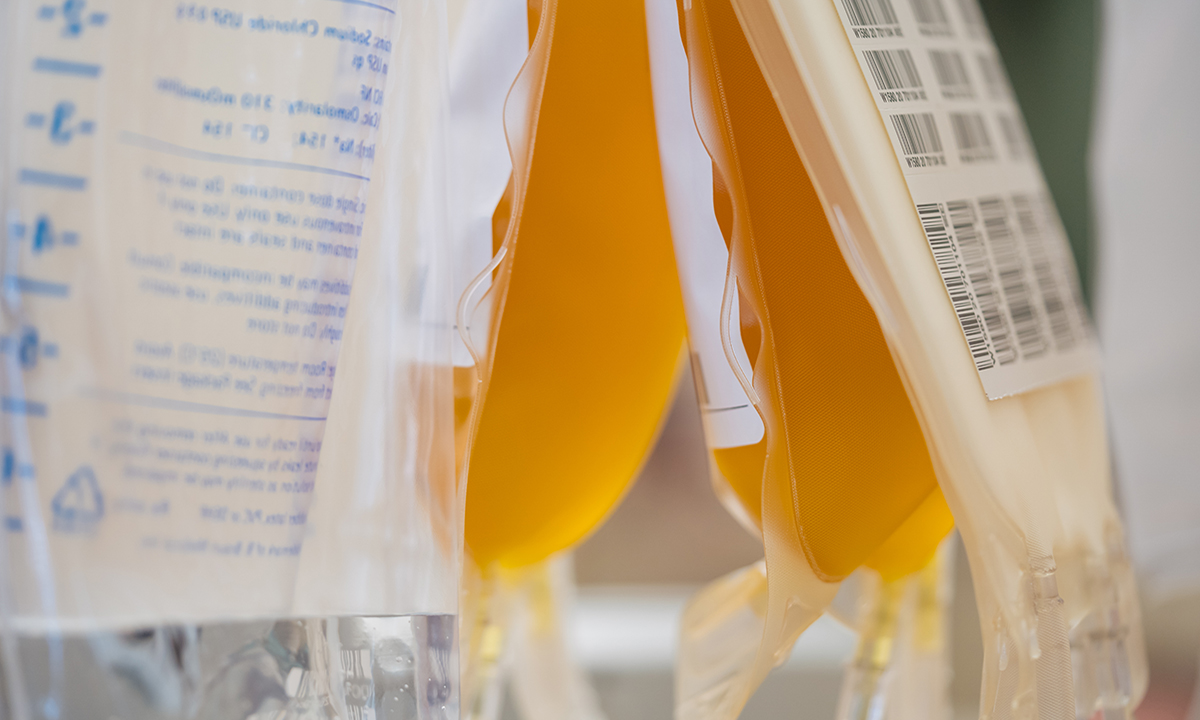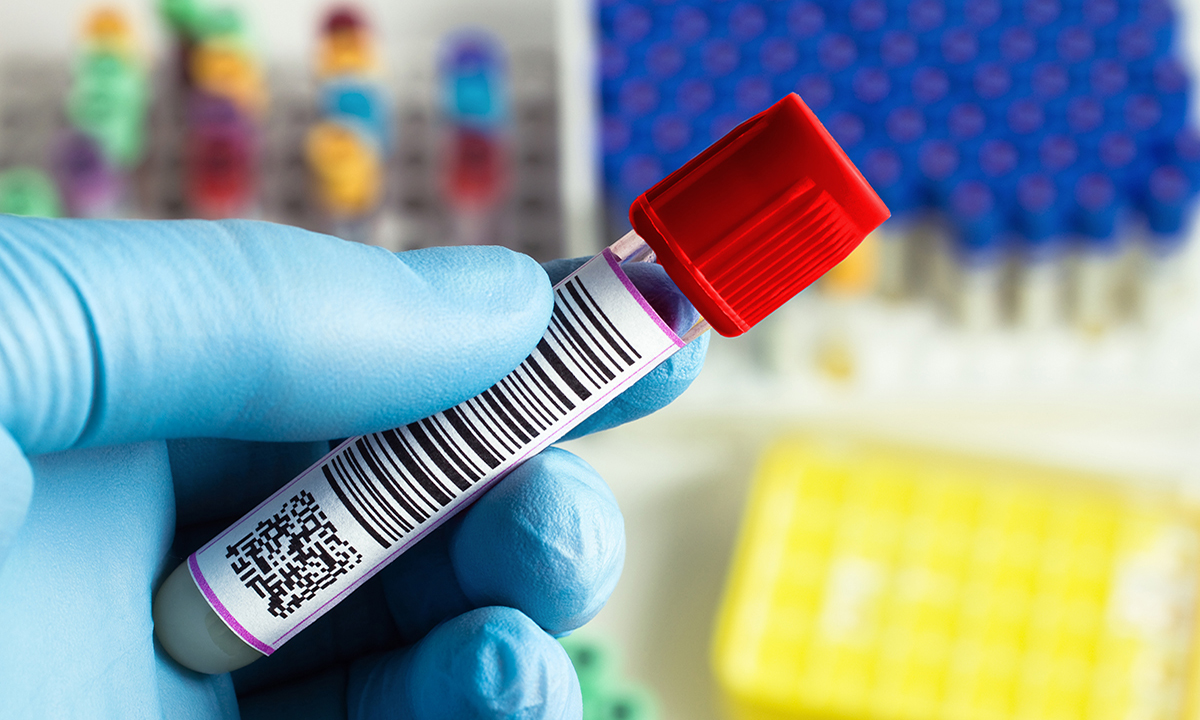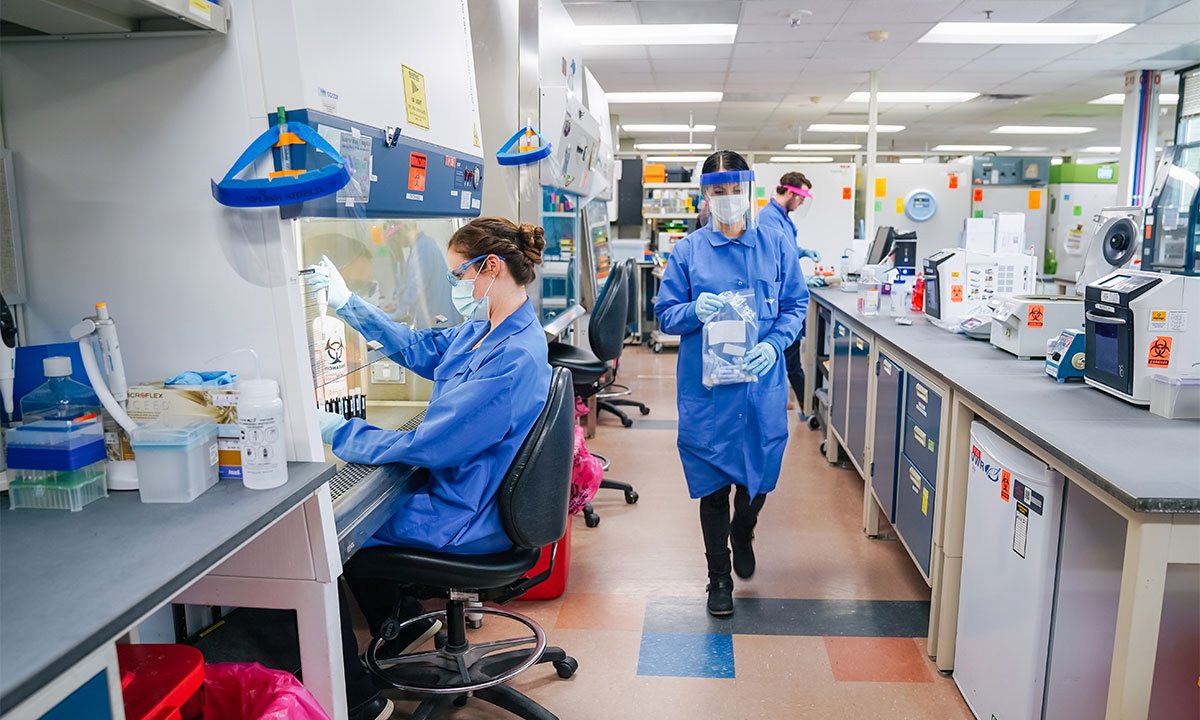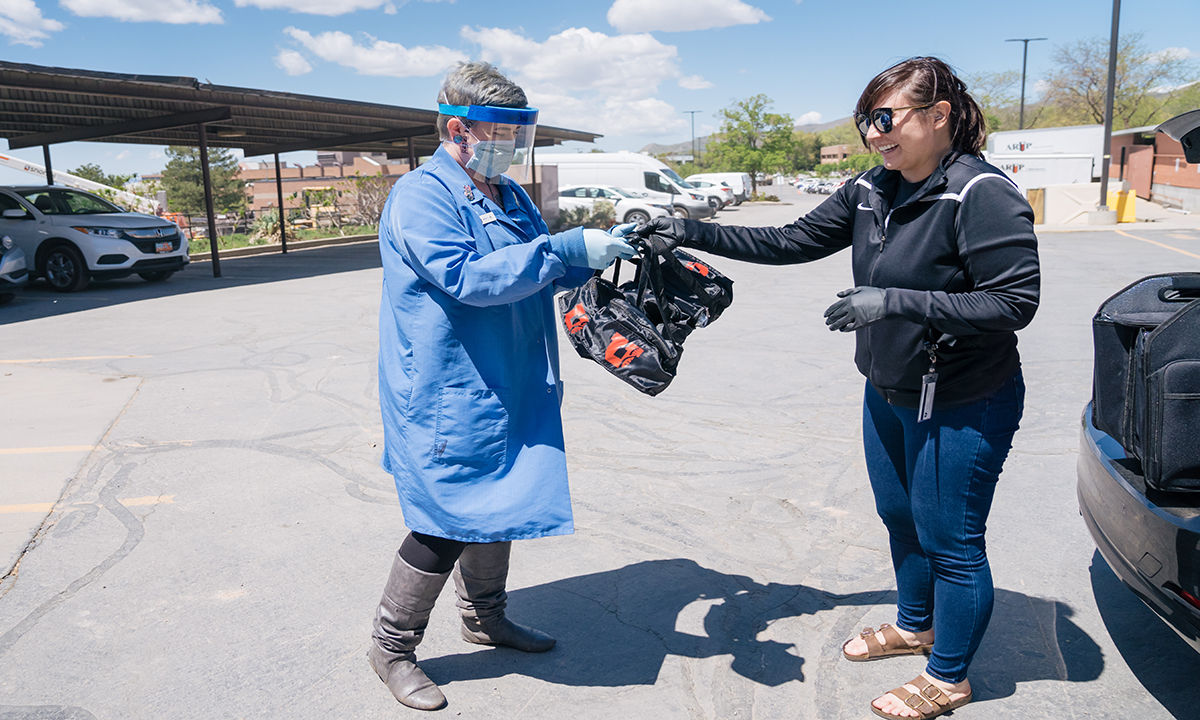ARUP Laboratories’ Tracy George, MD, an internationally recognized expert on mast cell disorders, was recently appointed president of the International Society for Laboratory Hematology (ISLH).
When hospitals began postponing elective surgeries, directors of pathology training programs scrambled to adapt so that residents and fellows could still receive the instruction they needed.
Just 1% of residents in four Utah counties have antibodies to SARS-CoV-2, a prevalence rate below that of many other communities in the U.S., according to preliminary results of the Utah HERO project.
ARUP invites medical professionals and others to participate in a free webinar that features lab industry leaders discussing how COVID-19-related changes may permanently affect the industry.
ARUP Laboratories and technology company Techcyte published a study in the Journal of Clinical Microbiology on their AI-augmented ova-and-parasite detection tool.
ARUP is collaborating with the UDOH Public Health Laboratory and Ginkgo Bioworks to study the genetics of the COVID-19 virus in Utah and analyze how the molecular makeup of the virus is evolving.
Utahns tested for COVID-19 at the U Redwood Health Center are being asked to volunteer for a study to evaluate whether saliva and other specimen types can be effectively used to test for the disease.
When the COVID-19 pandemic was gaining traction in the U.S., few knew what a lab testing collection kit included or what reagents were—until headlines started shouting about shortages of these items.
Utah Rep. Ben McAdams (D) donated plasma to a study to determine whether convalescent plasma from those who have recovered from COVID-19 is a safe, effective treatment for patients with the disease.
ARUP Laboratories announced that it is making a second COVID-19 IgG antibody test available nationwide.
Medical laboratory scientists who work in hospital labs and in national reference laboratories such as ARUP are the inconspicuous, less visible participants in helping to diagnose patients.
Hydroxychloroquine interferes with a virus’s ability to replicate, but that mechanism is unproven in patients with COVID-19. Small inpatient studies of the drug have thus far not been promising.

















